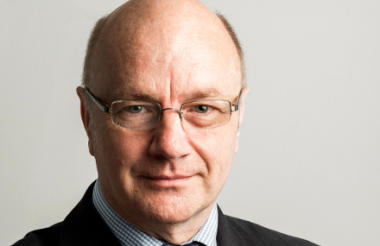The chief executive of Change Grow Live has said his charity will take on a “significant” amount of Lifeline Project’s work, after the charity collapsed.
David Biddle, chief executive of Change Grow Live, formerly Crime Reduction Initiatives, said he hoped to “minimise disruption for service users” and ensure “stability for staff”.
He could not be any more specific about the exact number of the charity's staff or projects that CGL would be taking on as it is a “complicated” legal process involving CGL and commissioners.
CGL began working with Lifeline Project at the beginning of April. Biddle said: “I am focused on ensuring that there is minimal disruption to vulnerable people – as a large organisation we have a responsibility to do that.”
He said that he expects the process to be completed in the next couple of weeks.
He also said that while there had been high profile examples of service delivery charities collapsing, the “vast majority of the third sector delivers highly effective and economic services” which are “contributing to public life in in the UK”.
CGL’s latest accounts for the year ending March 2016 show it had an income of £158.3m and had reserves of £21.2m, and employs 2,800 staff.
Lifeline Project collapse
It emerged that Lifeline Project, which was based in Manchester and ran projects throughout England, had told staff that not all of the charity's work was likely to continue.
Lifeline Project’s income has risen quickly in recent years; from £20m in 2012 to just over £60m in 2016. Almost all its income was in the form of contracts to deliver substance misuse services. It had a small amount of grant income, including from the Elton John Foundation and Big Lottery Fund
Total reserves at 31 March 2016 were £6.3m, £84,000 of which was restricted. This was double the charity’s target of a £3m reserve pot. But with an expenditure of £60m, reserves of £6m would only have covered 10 per cent of the charity’s annual spending – or just five weeks.











